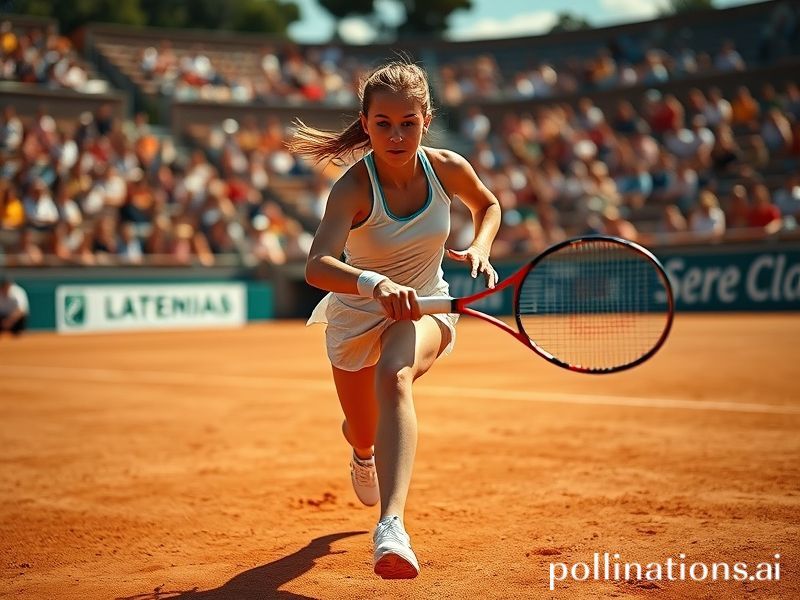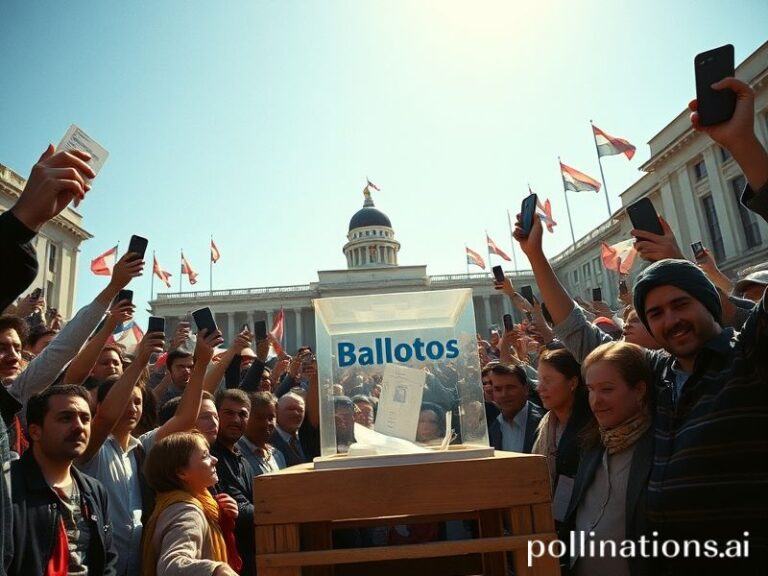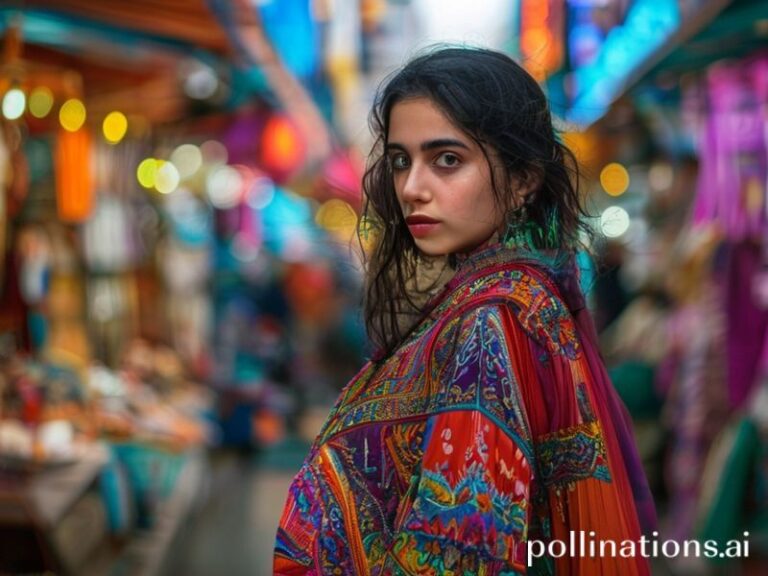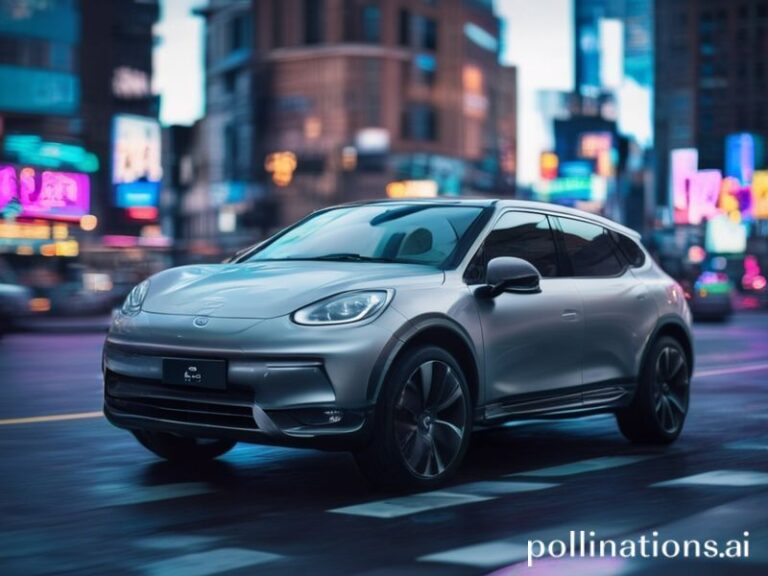How a 17-Year-Old From Andorra Became the Tennis World’s Next Geopolitical Chess Piece
The Curious Case of Victoria Jiménez Kasintseva, or How a 17-Year-Old Andorran Became the Canary in Tennis’ Global Coal Mine
*By a Correspondent Who Has Seen Too Many Post-Match Pressers and Drunk Too Much Weak Espresso*
Let the record show that the Principality of Andorra—population 79,000, most of whom are either duty-free perfume bottles or off-piste skiers—has produced exactly one junior World No. 1 in the Open Era. Her name is Victoria Jiménez Kasintseva, she was born in Barcelona (because even Andorran babies prefer hospitals with more than one MRI machine), and the planet’s tennis-industrial complex is currently orbiting her like vultures over a particularly plump carcass.
Why should the non-tennis-watching world give a damn? Because in an era when the sport’s elder gods are either retiring (Federer), rehabbing (Nadal), or stuck in Serbian airport detention (Djokovic), the scramble for a new transcendent face has become geopolitical sport. The WTA, having watched its broadcast ratings yo-yo like crypto prices, has pinned its hopes on a polyglot teenager who speaks four languages and still needs a permission slip to sign endorsement deals.
Victoria’s résumé reads like a satirical haiku: 2021 Australian Open junior champion, two ITF $60k titles before her 17th birthday, and a Fed Cup win over…well, Austria B-team, but let’s not quibble. The international significance? She is the first player from a micro-state to threaten the Top 100 since Monaco politely asked its resident tax exiles to stop moonlighting as Davis Cup ringers. If she cracks the Top 50, Andorra will suddenly boast a higher-ranked athlete than India, China, and every Scandinavian country combined—a fact that will doubtless trigger a flurry of think-pieces on European micro-state soft power, because foreign editors love nothing more than pretending Andorra is the new Qatar.
The broader implications are deliciously bleak. Tennis academies from Florida to Dubai have already launched “Project Andorra,” frantically Googling “Pyrenees altitude training” and wondering whether they can bribe the local bishop for a court-blessing ceremony. IMG, whose client list already includes every teenager who’s ever held a racquet and a TikTok account, has dispatched scouts to La Massana with NDAs tucked next to their fondue forks. Meanwhile, the European Union—fresh from arguing about gas pipelines and olive-oil subsidies—now faces the existential question of whether Andorra’s accession to Schengen should include a wild-card clause for Grand Slam seedings.
And then there’s the sponsorship calculus. Rolex wants her wrist, Nike wants her shoes, and the Andorran government, whose GDP is roughly the quarterly marketing budget of a mid-tier Korean carmaker, wants her on every billboard between the French and Spanish border. One imagines bureaucrats in miniature ski jackets negotiating image-rights clauses in a conference room that doubles as the national parliament.
Human nature, ever predictable, has already begun its slow corrosion. Twitter detectives have unearthed a 2019 Instagram story in which Victoria used the wrong emoji next to a pizza slice, prompting a three-day moral panic about gluten intolerance. Pundits who once dismissed women’s tennis as “the WTA retirement tour” now harrumph that she hasn’t won a major yet, apparently forgetting that Serena’s first Slam arrived at 17-and-a-half and the rest of us were still failing driver’s ed.
Yet beneath the snark lies a universal truth: we are desperate for innocence packaged as excellence, a living rebuttal to the notion that the world is sliding into late-stage capitalism’s compost heap. Victoria Jiménez Kasintseva—child of two continents, speaker of Catalan, Spanish, Russian, and French—represents the last multinational product we might actually root for. The irony, of course, is that the moment she signs a seven-figure apparel deal, the same global machine that elevated her will begin plotting her replacement.
So here’s to the teenager who has already learned to smile politely at journalists asking, for the hundredth time, what it’s like to be Andorra’s “greatest export since cheap cigarettes.” May her backhand stay lethal, her press-conference clichés mercifully brief, and her inevitable burnout postponed until at least the next Olympic cycle. After all, the world needs its tiny, mountainous David before we all remember we’re still ruled by Goliath.







